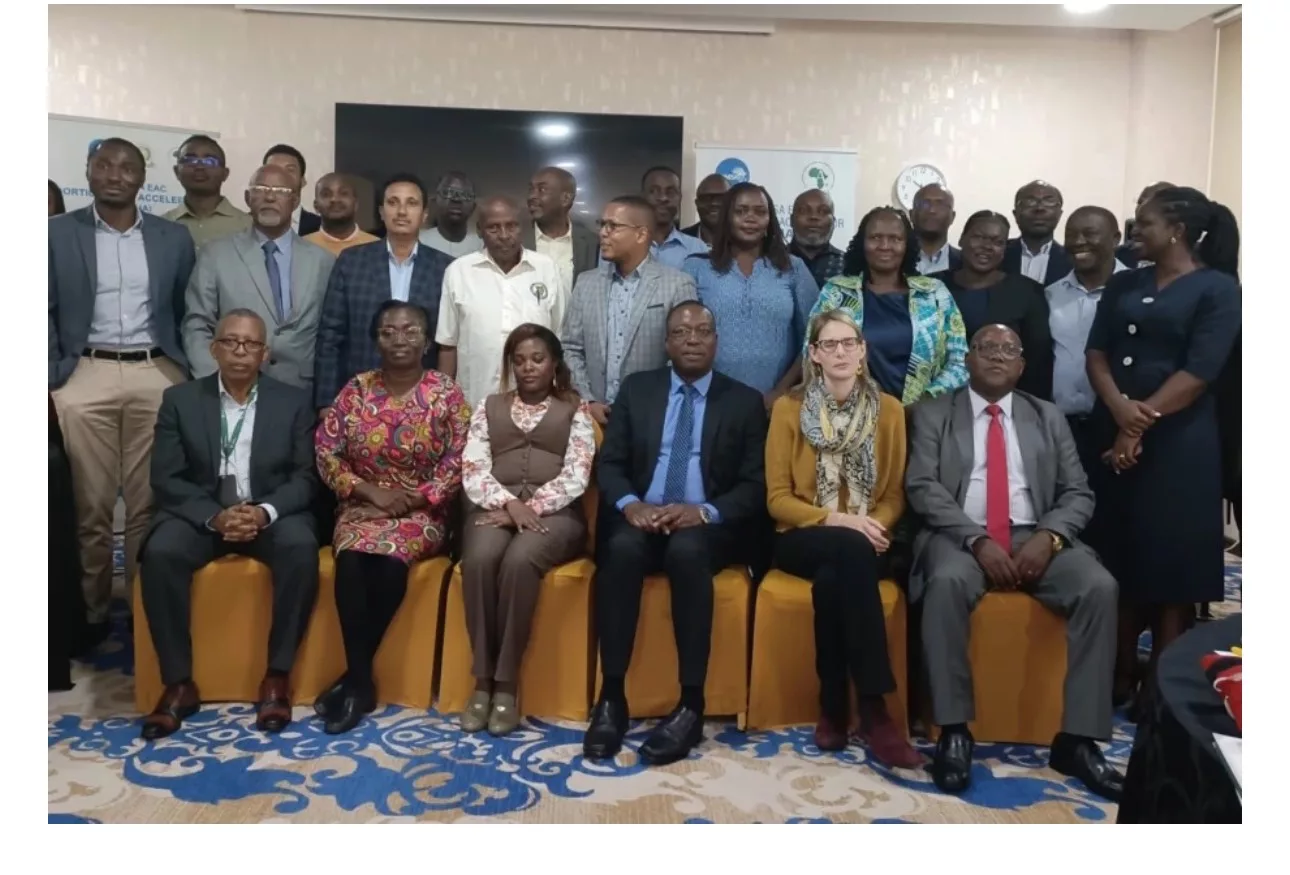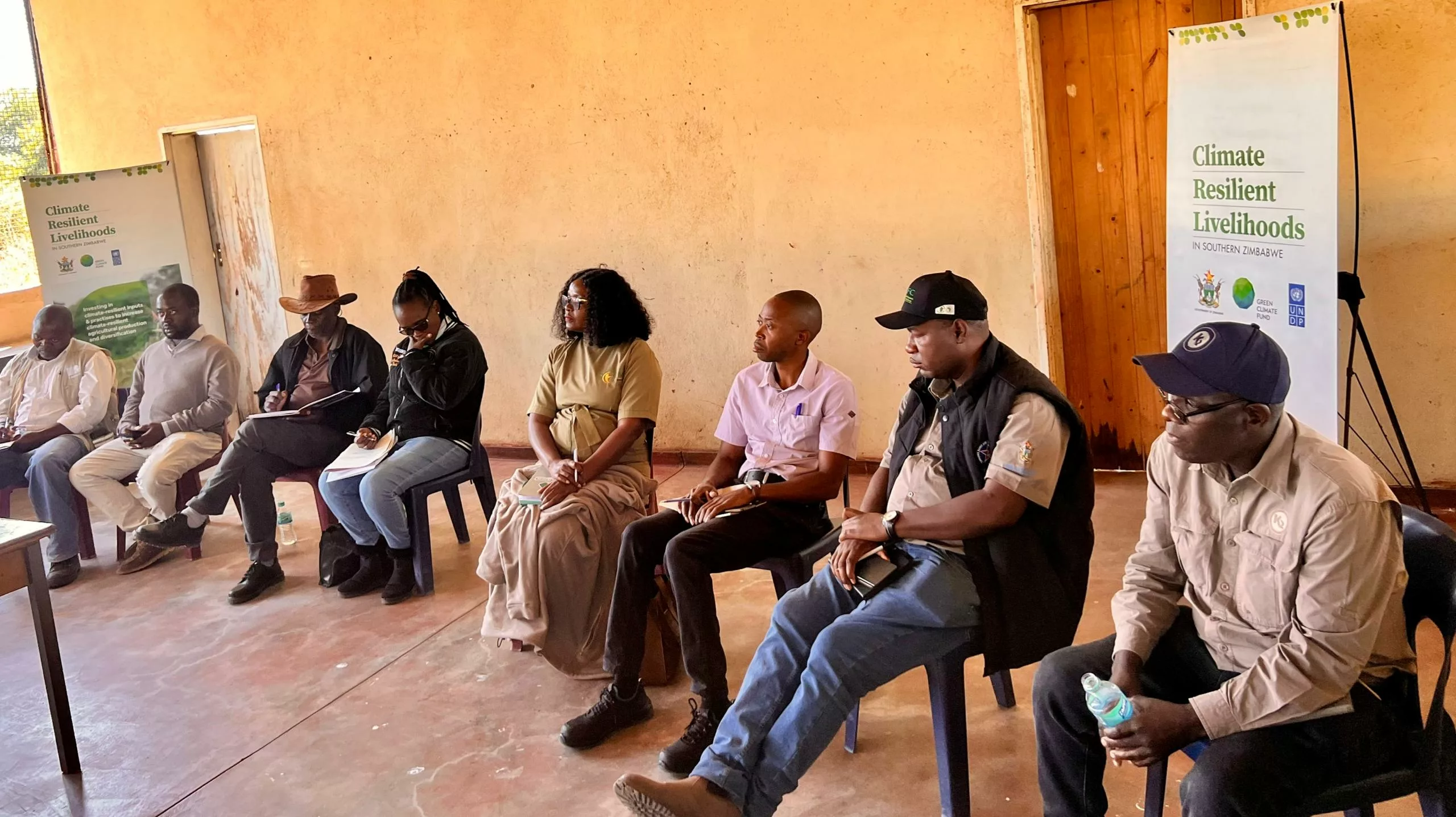|
Getting your Trinity Audio player ready...
|
The Common Market for Eastern and Southern Africa (COMESA) has stepped up efforts to harmonize agricultural trade standards across member states in a push to eliminate non-tariff barriers (NTBs) and enhance cross-border trade in food and horticultural products.
Speaking during the opening of the COMESA-EAC Horticulture Accelerator (CEHA) Regional Workshop in Nairobi, Regina Ombam, Principal Secretary of State in the Department for Trade, underscored the urgency of aligning trade protocols to boost productivity and economic integration.
“The identification and harmonization of non-tariff barriers affecting horticultural value chains is of critical importance to regional trade, agricultural productivity, and prosperity,” she said.
Ombam noted that fragmented markets and regulatory inconsistencies continue to limit the movement of goods and stifle opportunities for farmers and agribusinesses.
The regional workshop brought together stakeholders from Kenya, Uganda, Rwanda, Tanzania, and Ethiopia to assess more than 200 NTBs affecting trade in key produce such as avocados, onions, and Irish potatoes.
Dr. John Mukuka, CEO of the Alliance for Commodity Trade in Eastern and Southern Africa (ACTESA), said unified sanitary and phytosanitary (SPS) standards, input protocols, and pest control regulations are essential for unlocking agricultural trade across the region.
“Standardization will enable farmers and exporters to access regional and international markets more efficiently, reduce post-harvest losses, and improve the profitability of horticultural value chains,” said Dr. Mukuka.
Dr. Mukuka noted that the goal is to raise intra-regional agricultural trade from the current 10–15% to over 50%.
Participants highlighted the need for eco-friendly pest control solutions and expedited SPS procedures that are aligned across borders. They also called for greater investment in digital NTB reporting tools and cold chain infrastructure to support export competitiveness.
TradeMark Africa’s Director of Trade and Customs, Benjamin Tsengede, noted that while over 90% of reported NTBs are resolved, trade volumes have remained stagnant.
“We must address informal and unreported barriers while building productive capacity,” he said.
The German Development Cooperation, which supports the East African Community’s horticulture strategy, emphasized the importance of implementation.
“We must go beyond strategies and start living the customs union and common market,” said Katarina Schlumpf.
The stakeholders also called for accelerated policy coordination, public-private collaboration, and a clear roadmap for eliminating NTBs to boost regional food trade and position Eastern and Southern Africa as a competitive player in global agricultural markets.
Source: Citizen






